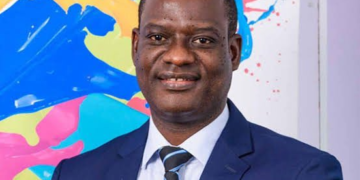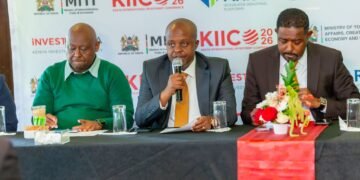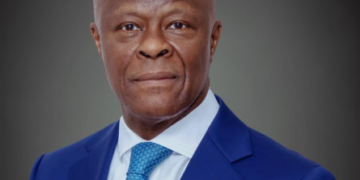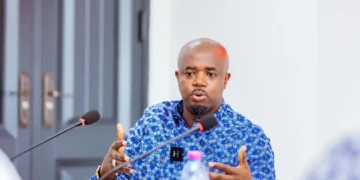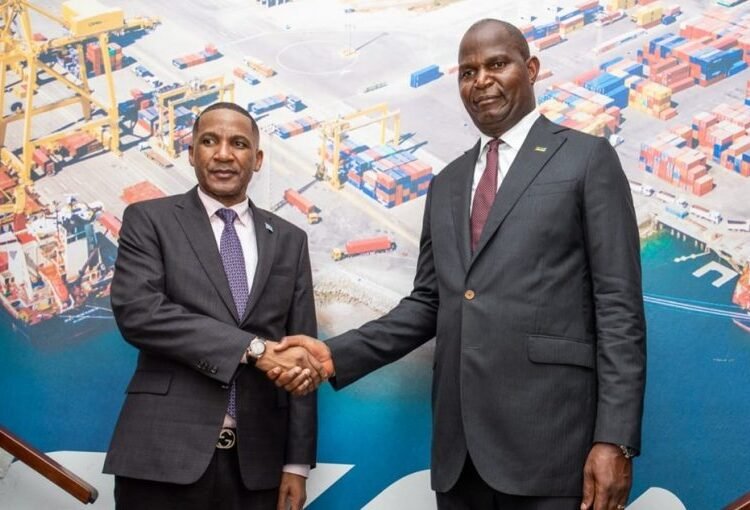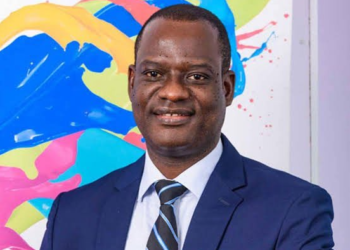Mozambique and Botswana have signed a series of agreements aimed at enhancing economic cooperation between the two nations, focusing on rail and port infrastructure, the petroleum sector, and integrated tourism.
The agreements were announced during Botswana’s President, Duma Boko’s three-day visit to Mozambique, which included a tour of Nacala Port. The northern port, renowned as the best natural deep-water port on the East African coast, is a strategic hub for regional trade.
Boko Impressed by Nacala Port’s Capacity
During his visit to Nacala, President Boko admired the port’s size and navigational efficiency. Located in the Bay of Bengo, the port boasts an 800-meter-wide access channel and a depth of 60 meters, enabling ships of all sizes to operate 24/7.
Highlighting the long-standing historical ties between Botswana and Mozambique, Boko emphasized the need for the new generation of leaders to focus on achieving economic independence.
“We are developing infrastructures and corridors that link the two countries,” he stated. “On the Botswanan side, we are building world-class railways to stimulate industry, business, and economic growth. Together with Mozambique, we are ensuring that rail connectivity across Botswana, Mozambique, and Zimbabwe meets international standards and receives the necessary investment to facilitate smooth trade.”
ALSO READ: UN URGES MOZAMBIQUE TO INVEST IN GEOSPATIAL TECH
Air and Rail Connectivity to Boost Trade and Tourism
Boko also underscored the importance of air transport in strengthening business and tourism ties. He pointed out that the flight time between Maputo and Gaborone is just 55 minutes, making travel between the two capitals highly convenient.
“We had productive discussions and are keen on expanding cooperation while maintaining constant dialogue to ensure the swift completion of these projects, with private sector involvement from both countries,” he added.
Strategic Investments in Ports and Energy Infrastructure
Mozambique’s Minister of Transport and Communications, Mateus Magala Chapo, reaffirmed the commitment to developing a new mineral port at Techobanine in southern Mozambique’s Matutuine district. This port, part of a tripartite agreement between Botswana, Mozambique, and Zimbabwe, will be connected by rail, enhancing regional trade efficiency.
“This agreement, signed in Maputo in 2024, is now our responsibility,” Chapo said. He also revealed plans to install additional fuel storage tanks at the Port of Maputo to increase fuel supply capacity to Botswana, ensuring energy security for the landlocked nation.



